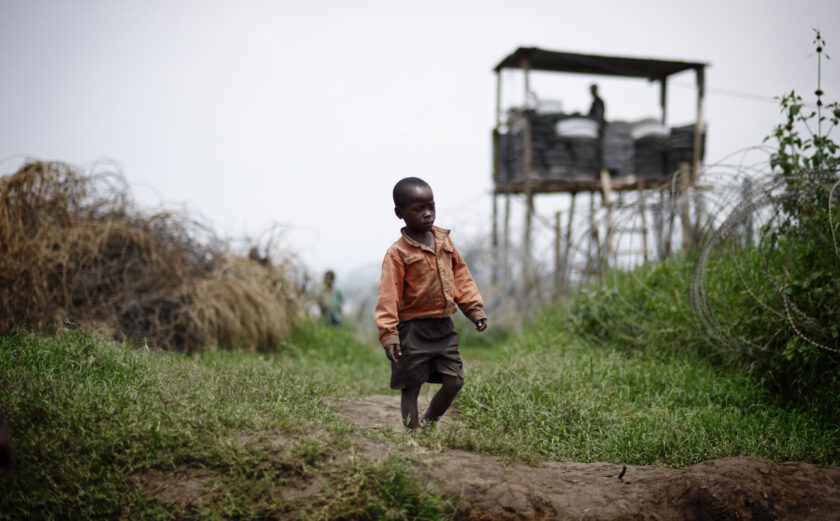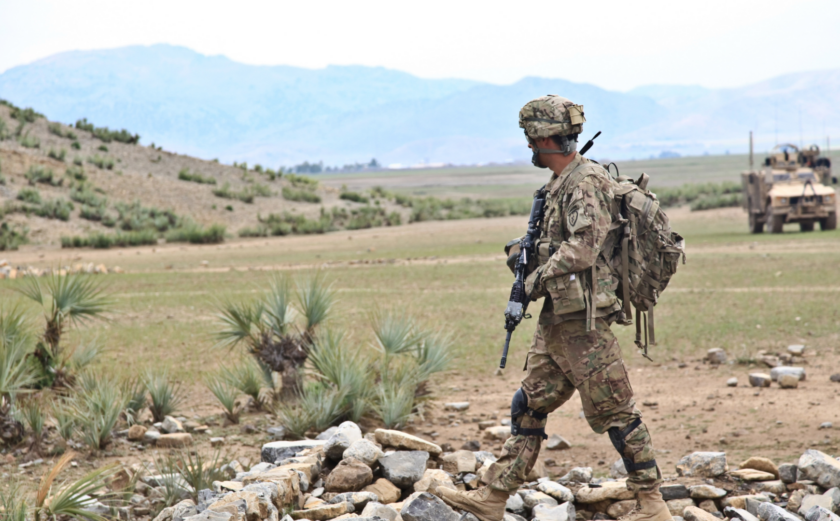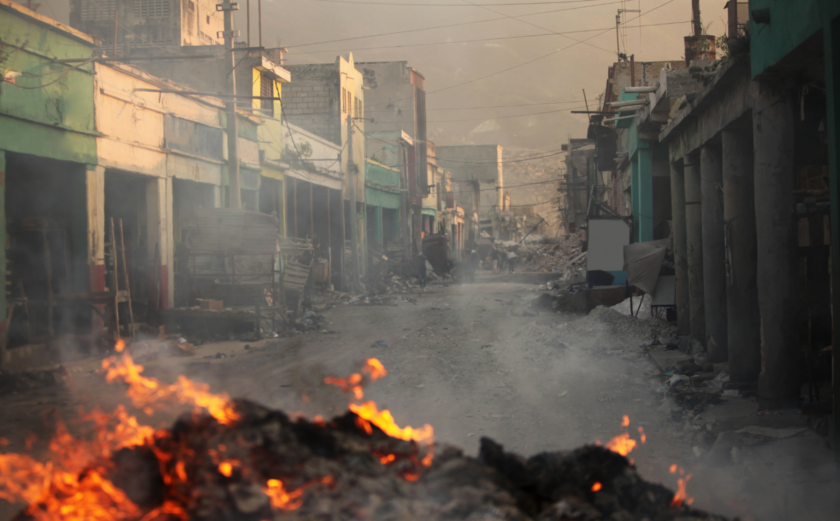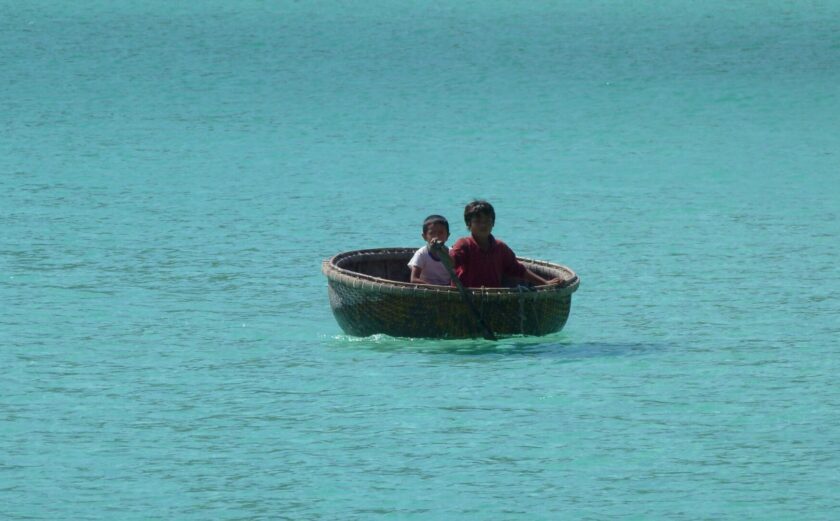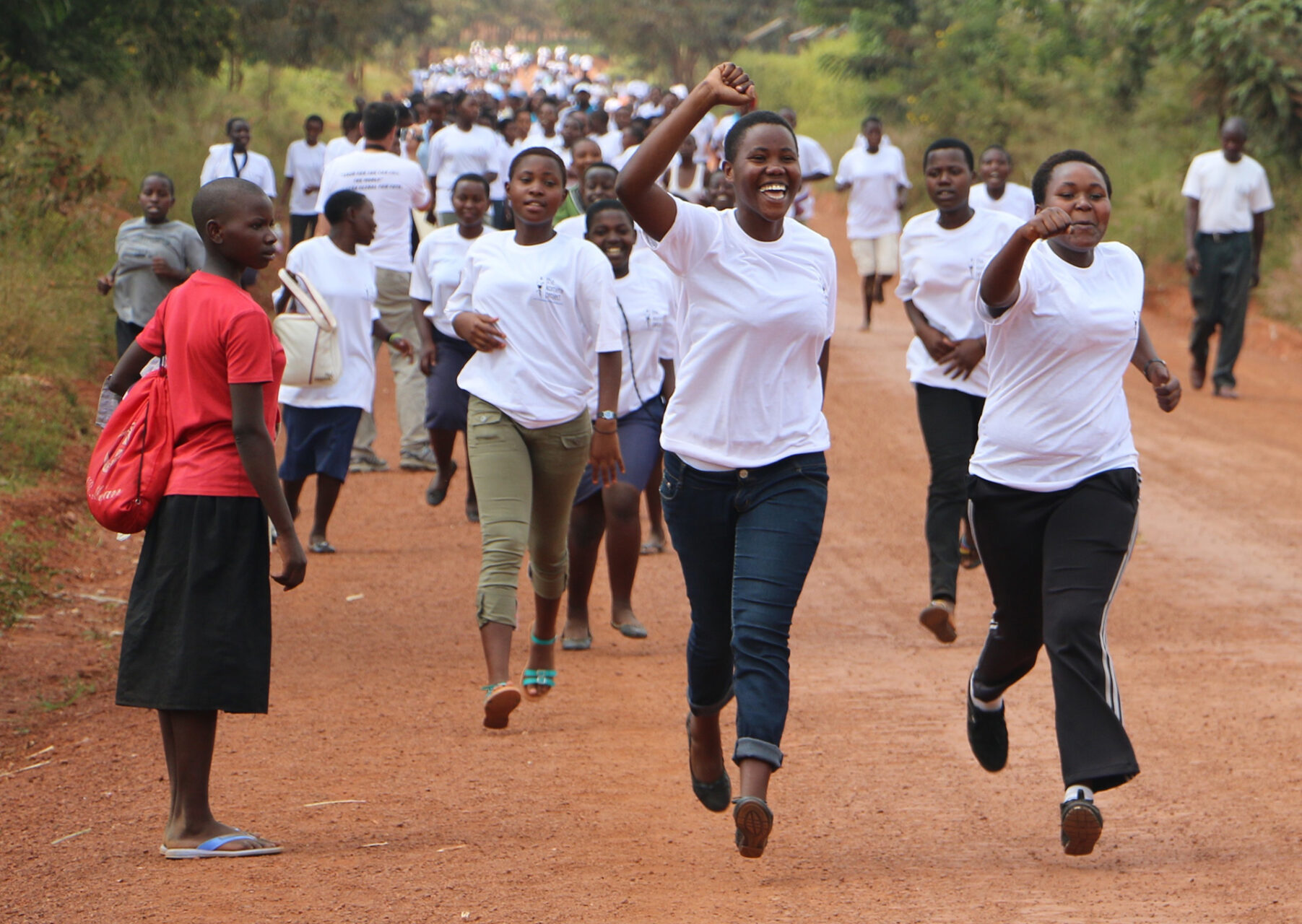
Ending GBV: Mobilizing Faith Leaders and Communities
Violence against women and girls (VAWG) is a global issue that affects 1 in 3 women in their lifetime and increases when hunger levels rise.
As crises worsen, such as climate disasters and food insecurity, we are witnessing a related increase in many forms of gender-based violence (GBV), such as forced or early marriages and intimate partner violence.
GBV is rooted in social norms created through patriarchal societies. In many communities, these norms are tied to cultural and religious practices and beliefs reinforced by discriminatory and oppressive laws and policies.
To bring awareness to the issue, on November 25, we recognized the U.N.’s International Day for the Elimination of Violence Against Women. This year’s theme, “UNiTE! Activism to End Violence against Women & Girls,” was reflective of the central role that different faith-based organizations have in ending GBV.
InterAction’s Protection Team interviewed staff at our faith-based Member organizations to highlight their work toward ending GBV. With faith a core value in many communities our Members work with, we were interested in learning how faith-based organizations are approached by faith communities and how they work together in responding to GBV.
What are some challenges that faith-based organizations have in addressing GBV?
Adeline Ong, Head of Malaysia Office, ICMC:
“Given that we work in Malaysia, the main population we work with are Rohingya refugees. It can be challenging to raise awareness on GBV when they counter with not being comfortable with us due to differences in our religious and cultural background.”
Alex Morse, Deputy Regional Director, Latin America & the Caribbean, Church World Service:
“Sermons in the region fail to provide healthy guidance on parenting practices, especially for disciplining children. This affirms the use of physical punishment in the home against both girls and women. We are currently working with the Alliance for the Prevention of Violence against Children and Youth to work with churches and faith-based organizations to change this by raising awareness and supporting healthy parenting classes.”
Ibtisaam Ashur, Advocacy Content Communications Coordinator, Islamic Relief USA:
“The main challenges Islamic Relief faces are funding and access issues, which, in turn, hinder our capacity to research and fundraise for GBV prevention and response. Unfortunately, Islamophobia, disinformation, and geopolitics are often the root causes of funding and access issues.”
What successes have you had as a faith-based organization in addressing GBV?
Michelle Kendall, Senior Technical Adviser for Gender, Catholic Relief Services:
“Our new global gender strategy for all programs and operations has been in place since 2021. Addressing GBV is woven into our protection activities. We focus on supporting existent services and referrals to them. We conduct trainings on GBV basics for our staff and non-GBV specialists.”
Chiseche Mibenge, Director for Gender Initiatives, Episcopal Relief & Development:
“We work to ensure that a gender analysis is not siloed into the women’s empowerment and gender equity programming but that it’s integrated into other sectors that we work in, such as early child development, climate resilience, and disaster response.”
Zayid Douglas, Senior Technical Advisor for Gender Equality & Social Inclusion, World Vision:
“We continue to successfully integrate gender equality and social inclusion into our programs as this is an institutional priority and falls within our mandate of serving the most vulnerable. With vulnerable persons being excluded from programming—because of age, religion, status as a survivor of GBV, etc.—we systematically address these within our program design, implementation, monitoring, and evaluation.”
How can we engage with faith-based leaders to address GBV and VAWG?
Ibtisaam Ashur:
“Islamic Relief’s engagement with scholars provides us with a unique connection and understanding of the communities we work with. Increasing access to and understanding of religious literacy is crucial when misinterpretations of religious texts and cultural myths uphold harmful prejudices used to justify violence against women and girls.”
Robyn Yaker, Technical Director for Gender & GBV, HIAS:
“There is great opportunity in recognizing that faith-based communities and leaders are often among the first frontline responders to crises. Better engagement with them can help tap into the power of faith communities to address GBV in critical ways during the emergency and beyond.”
Jill Drzewiecki, Gender-Responsive Education Specialist, Jesuit Refugee Service:
“Humanizing GBV by having a faith- or values-based approach and engaging with faith-leaders in your programming can help form a mindset that responding to GBV is much more than a numerical outcome. It reminds us that these are real people.”
Beryl Hartmann, Global Safeguarding Advisor, ADRA International:
“Being a faith-based organization allows us to work closely with the Seventh-Day Adventist (SDA) Church on key advocacy issues such as GBV. ADRA and the SDA Church partnered to start an initiative called “enditnow: An Initiative To Stop Violence.” The SDA Church continues to carry out the enditnow campaign with an annual day dedicated for Churches to focus and spread messages to prevent violence against women and children.”
Our conversations with faith-based InterAction Members made it clear how important it is to have GBV integrated into all humanitarian programming. Leveraging the power that faith-based communities and leaders hold in shifting the social norms on GBV and VAWG is critical to advancing toward gender equality.
If you have any questions, please contact Hifzah Malik.
